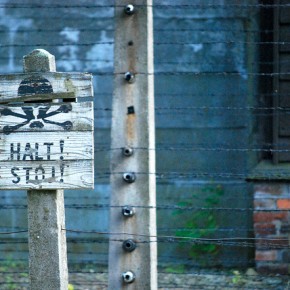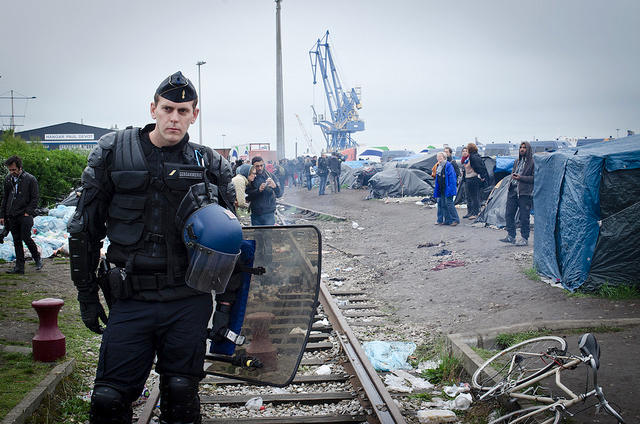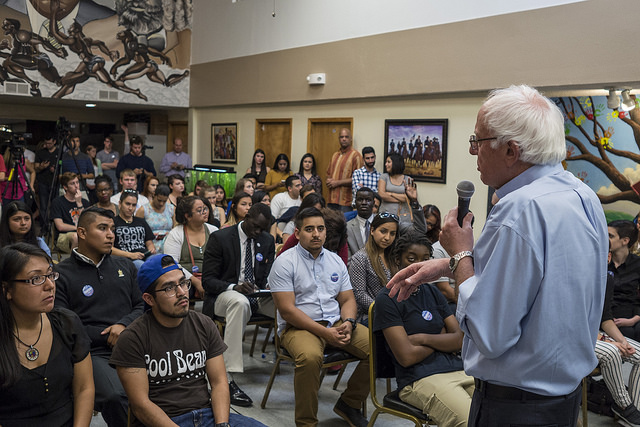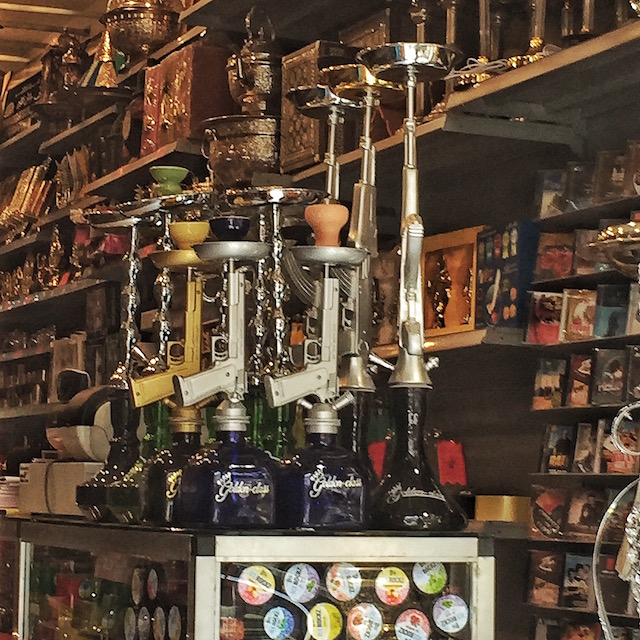As the US-led coalition (France, United Kingdom, the unofficial assistance of Russia) expands its war against Islamic State, it is worth revisiting the work of Albert Camus.
Born in Algiers, Camus was a pied noirs, and despite his literary output, alienated many of his fans and colleagues with his views on the French-Algerian War. This was particularly the case with Jean Paul Sartre, and Simone de Beauvoir, who took issue with his criticisms of Communism more broadly. Camus also saw the uprising as part of an Egyptian-led Arab imperialism, as subservient to a wider Soviet push.
It has become commonplace to dismiss Camus as an apologist for imperialism, or worse, an intellectual collaborator with the French state. However, it would be a mistake to mischaracterise him on these terms, especially given the understandable logic of his proposed solutions. These included greater Algerian autonomy, or even independence within a wider French federation. His point was essentially that pied noirs and Arabs should coexist in Algeria, and he did not believe that this could be achieved by the Front de Liberation Nationale.
It is difficult not to concede that Camus didn’t at least have a point. After all, the post-independence military eventually cancelled elections in January 1992, and moved against the Front Islamique du Salut, triggering the civil war of the 1990s. Camus’ disgust with violence and terrorism should be revisited, especially given that during the conflict, the FLN embraced numerous tactics previously used against them by the French.
His Letter to an Algerian Militant, published by his friend M. Aziz Kessous in the first issue of Algerian Community in October 1955, is particularly instructive, and much of it is still applicable to French-Arab relations both within and outside of France.
Camus starts the letter on problematic terms, equating the brutality of colonialism with the tactics used by the armed resistance: “we know nothing of the human heart if we imagine that the Algerian French, can now forget the massacres at Philippeville and elsewhere. And it is another form of madness to imagine that repression can make the Arab masses feel confidence and esteem for France.” It is this seemingly oblivious stance on colonialism, during which much of the violence was one-sided and statist in nature, that riles Camus’ post-colonial critics.
Of course, it is also crucial to note that he writes this in the same paragraph that he laments that “we are pitted against each other, condemned to inflicting the greatest pain on each other, inexplicably. The idea is intolerable to me and poisons each of my days.” Camus may have been pied noirs, but he is clearly responding to the same divisions that horrified Fanon when he wrote Wretched of the Earth. The difference is that he wrote this as a beneficiary of the colonial situation.
This is further evident by the passage in which he writes that “the inexcusable massacring of French civilians leads to equally stupid destruction of the Arabs and their possessions. It is as if two insane people, crazed with wrath, had decided into a fatal embrace the forced marriage from which they cannot free themselves. Forced to live together, and incapable of uniting, they decide at least to die together.” Camus seems to be channeling the Hegelian master-slave dialectic, recognising its horror while arriving at different political solutions than Fanon, Sartre, and de Beavoir as a result of his social position and political beliefs.
The letter’s relevancy to current French politics is almost self-evident. President Francois Hollande’s hardline response to the attacks in Paris, including the state of emergency, and the recent surge of support for the National Front, is a direct result of French imperialism. Indeed, the prospect of Marine Le Pen coming to power on the promise of a showdown with Islamic State recalls Camus’ prediction of “two insane people” that are “crazed with wrath” and locked in a “fatal embrace.”
He went further to condemn the kind of tactical “excesses” that “strengthens the motives and excesses of the other,” predicting that “the storm of death that has struck our country can only increase to the point of general destruction. In that ceaseless attempt to go one better, the fire is spreading, and tomorrow Algeria will be a land of ruins and dead which no force, no power in the world, will be capable of reviving this century.”
Camus’ characterisation of Algeria potentially becoming “a land of ruins and dead” should be put into context. Major protests did win significant gains in 1988, before the coup d’etat led to a period of civil war and controlled democracy, during which many of these liberties have been curtailed. Recently, Algeria experienced a deja vu when Islamist militants seized oil fields and took hostages, in response to the government’s support for the French military intervention in northern Mali. The brutality of the attacks, and their crackdown, recalls the Battle of Algiers.
Camus probably would not have found this surprising. His ambivalence about the FLN’s tactics should be taken seriously, since it was motivated by an unwillingness to trust its potential governance. This is particularly important given that he noted dynamics of violence that have continued to “increase to the point of general destruction” in the postcolonial period, including in a slightly different context through the bombings of Syria. The issue is that Camus didn’t have this same disgust of violence when it came to his own activities in the French Resistance, and left no framework for judging the legitimacy of armed resistance.
Photograph courtesy of Dan Sloan. Published under a Creative Commons License.





